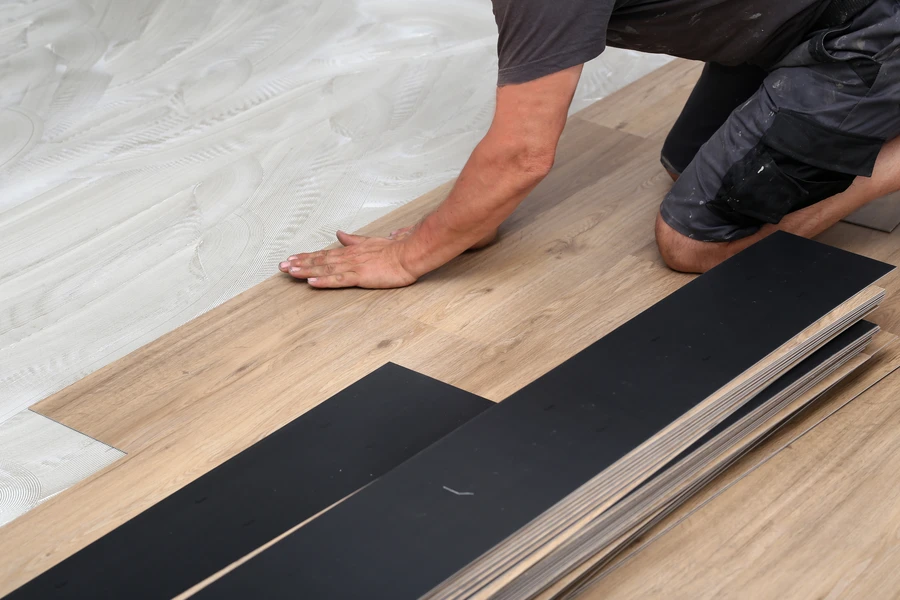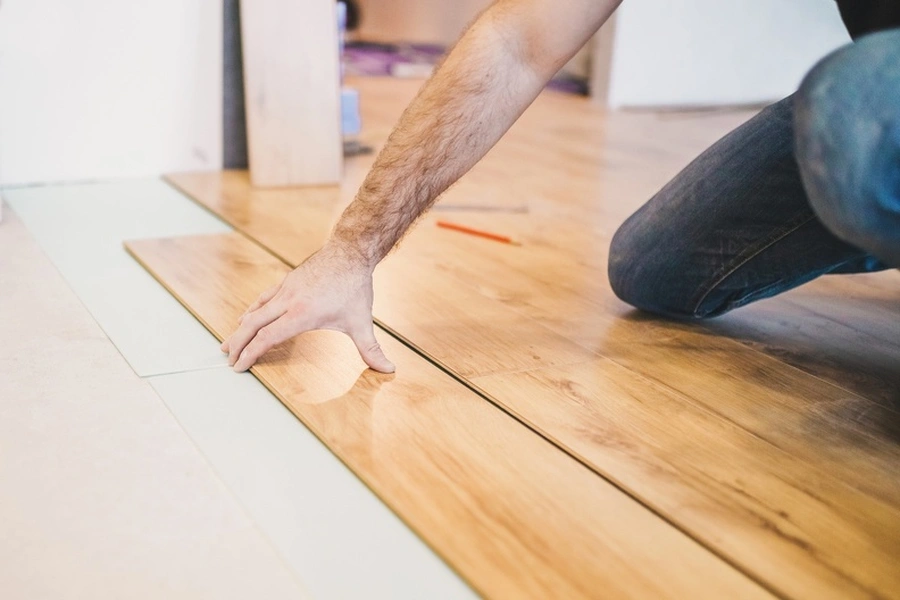Comparing the Durability and Cost-Effectiveness Over Time
When choosing flooring for your home, it’s crucial to consider long-term value. Two popular options are vinyl and hardwood. Each has its pros and cons, making the decision a bit challenging. Understanding their durability, maintenance needs, and cost can help you make an informed choice. This guide explores these factors to provide clear insights into which flooring option might be best suited for your needs.

Durability and Longevity: Which Lasts Longer?
The lifespan of flooring is a critical factor in determining its value. Hardwood floors are known for their longevity. With proper care, they can last for decades, sometimes even over a century. They resist wear and tear well, especially if maintained regularly. On the other hand, vinyl flooring has improved significantly in terms of durability. Modern versions can mimic the appearance of wood while being resistant to scratches and stains. However, they generally have a shorter lifespan compared to hardwood.
Maintenance Needs: Easy Care or Regular Upkeep?
Consider how much time you’re willing to spend maintaining your floors. Vinyl flooring requires minimal upkeep, needing only regular sweeping and occasional mopping to stay clean. Hardwood, however, demands more attention. It needs periodic refinishing and special cleaning products to maintain its look and condition. If low-maintenance flooring is important to you, vinyl might be the better option.

Cost Considerations: Upfront Costs Vs. Long-Term Savings
The cost of installing each type of flooring varies significantly. Vinyl flooring typically costs less upfront than hardwood. It’s an attractive option for budget-conscious homeowners. However, hardwood offers long-term savings because it tends to increase property value more than vinyl. Over time, the return on investment from hardwood could outweigh initial installation expenses.
Environmental Impact: Choosing Sustainable Options
Another consideration is the environmental impact of your flooring choice. Hardwood is often considered more environmentally friendly if sourced sustainably from certified forests. It’s a renewable resource that can be recycled at the end of its life cycle. Vinyl, made from synthetic materials, is less eco-friendly but recent advances have LED to recyclable options. Those concerned with sustainability should weigh these factors when deciding.
Installation Process: Quick Installation or Detailed Setup?
The installation process can also affect your decision. Vinyl flooring is easier and quicker to install, often requiring no adhesives or nails due to interlocking designs. Conversely, hardwood installation is more labor-intensive and time-consuming. It often requires professional help to ensure proper fitting and finishing.
Aesthetic Appeal: Matching Style With Functionality
Both types of flooring offer distinct aesthetic options. Hardwood provides a classic look with natural variations in grain and color that many find appealing. Vinyl flooring now comes in various styles that convincingly mimic wood, stone, and tile appearances. While both can complement different interior styles, personal preference plays a significant role here.
Making Your Flooring Decision
The choice between vinyl and hardwood ultimately depends on what matters most to you-be it budget, maintenance, or style preferences. Both offer unique benefits that suit different needs and lifestyles. For those in Denver, CO seeking expertise in selecting and installing the perfect floor, Final Point Flooring offers comprehensive services tailored to your requirements. Contact us at (720) 428-1935 for expert guidance and quality service.
